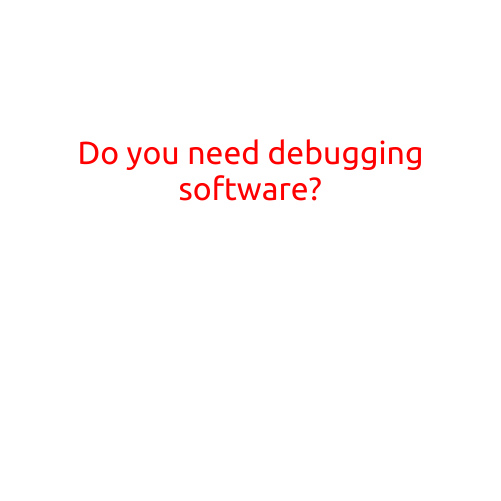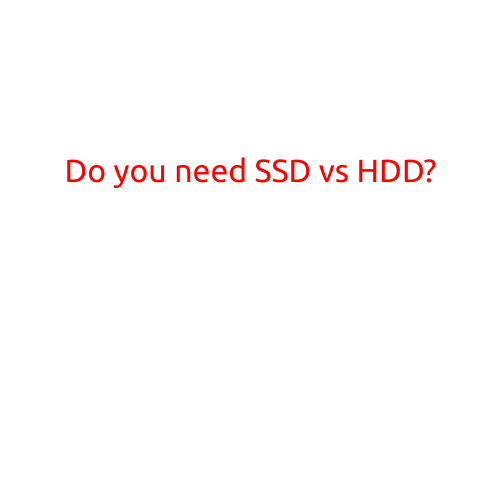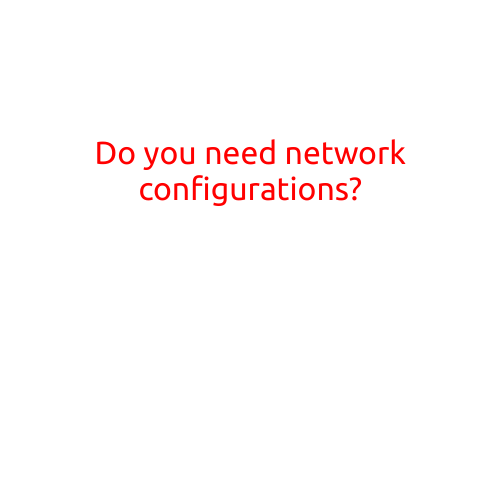
Do You Need Debugging Software?
As a developer, debugging is an essential part of the development process. Whether you’re working on a small script or a complex software application, errors and bugs can arise, and debugging is the process of identifying and fixing those issues. However, the question remains: do you really need debugging software to do your job effectively?
What is Debugging Software?
Debugging software, also known as a debugger, is a tool that helps developers identify and fix errors in their code. It provides features such as step-by-step execution, breakpoints, and variable inspection, which make it easier to understand how the code is executing and where errors are occurring. Debugging software is typically integrated into development environments, such as IDEs (Integrated Development Environments), or can be used as a standalone tool.
Do You Really Need Debugging Software?
While it’s possible to survive without debugging software, it’s definitely not the most efficient or productive way to work. Here are a few reasons why you might need debugging software:
- Time-saving: Debugging software saves you time by quickly identifying errors and allowing you to fix them quickly and efficiently. This is especially important in high-pressure development environments where time is of the essence.
- Improved Code Quality: Debugging software helps you write higher-quality code by identifying potential issues before they become problems. This leads to fewer errors, less rework, and a better overall product.
- Reducing Frustration: Debugging can be frustrating and time-consuming, especially when you’re not using the right tools. Debugging software reduces frustration by making it easier to understand and fix errors.
- Collaboration: Debugging software is especially useful when working with a team. It allows team members to share information, collaborate on debugging tasks, and work together to resolve issues.
Alternatives to Debugging Software
While debugging software is incredibly powerful, there are some alternatives you can use if you don’t have access to a debugger:
- Print Statements: You can use print statements to output information about your code’s execution. This can be useful for simple debugging, but it’s not as powerful as a dedicated debugger.
- Log Files: Log files can be used to track errors and issues. However, they can be difficult to read and require manual analysis.
- Manual Debugging: You can try to manually debug your code by using trial and error. However, this method is time-consuming and can be prone to errors.
Conclusion
While it’s possible to survive without debugging software, it’s definitely not the most efficient or productive way to work. Debugging software is an essential tool for any developer, and its benefits far outweigh its cost. Whether you’re working on a small project or a large-scale application, debugging software is an investment that will pay off in the long run.





